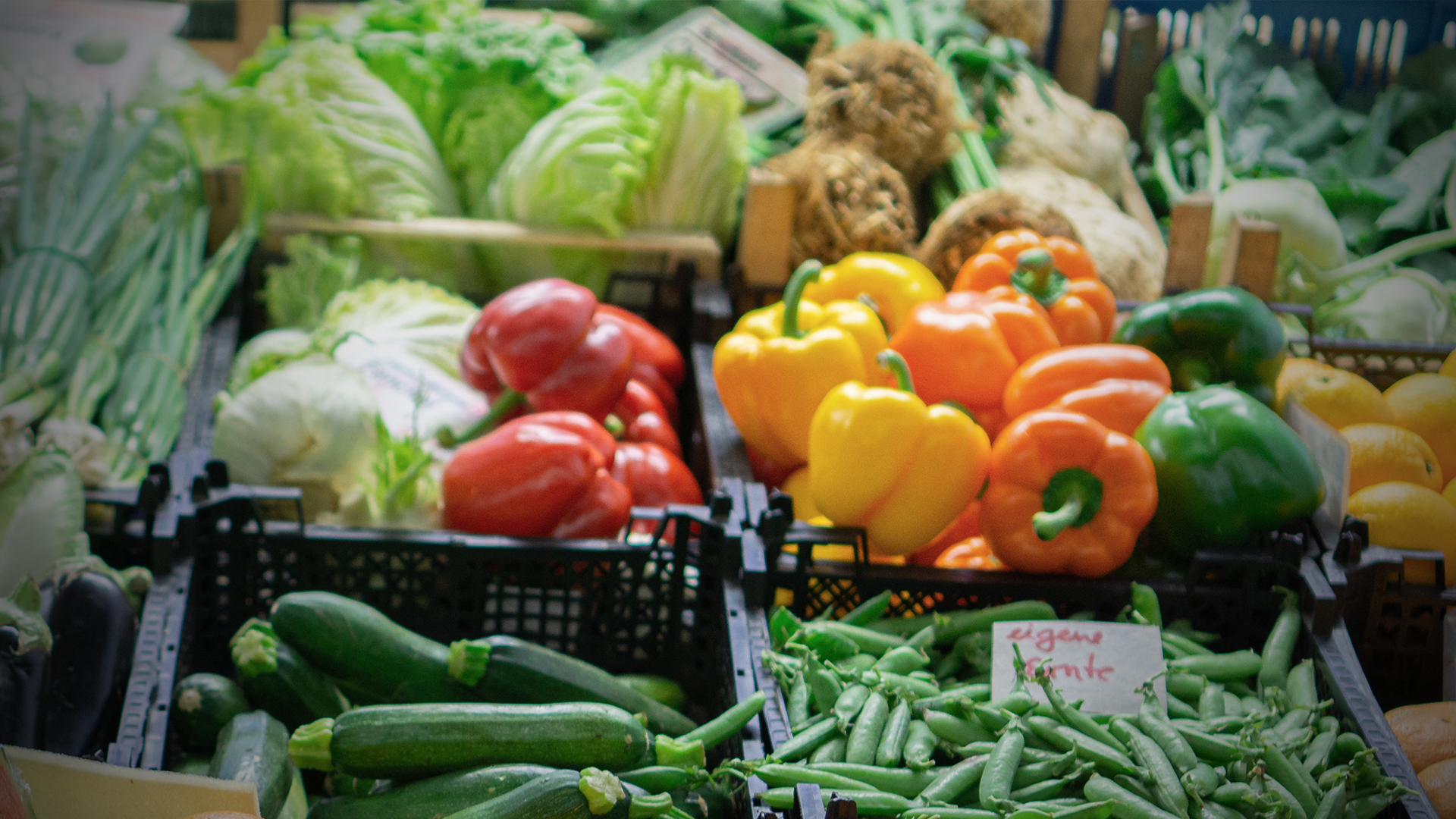
Lewis Condy | Twitter
Lewis is a recent graduate from Stirling University. He is a swimmer, personal trainer and podcaster. He believes we can only achieve progress when we find compromise and work together.
The debate around how to improve our nation’s health has come round once again, and rightly so as Scotland is facing an obesity issue, with 65% of the population being overweight or obese. Jamie Oliver is suggesting we tax foods that are high in fat and high in sugar. I personally think this is just a short-term fix for a long-term issue. Nuts and seeds are healthy but high in fat so should we tax those? What about fruit which are high in sugar? We need to have a better understanding of food and improve our overall relationship with food if we want to improve the nation’s health.
When most people hear the word “diet” they often associate it with restrictive eating. Diet is just what you consume on a day-to-day basis. You can have a good diet, or a bad diet and the latter is often a result of a poor relationship with food or lack of education. Education helps us understand what is healthy and what is not. For example, pizza may be considered “unhealthy” but it is only unhealthy if it is consumed in excess amounts. As part of a balanced diet, it is fine. Instead of saying “I am going on a diet” we should be saying “I am going to eat more balanced” or “I am going to eat more healthily”.
An obvious way to make our nation healthier is through exercise, especially in young children. It is important to keep children healthy because it reduces their chances of developing obesity later in life. Which then helps reduce strain put on the NHS as a result of obesity-related issues. It also helps aid their development and is good for their joints, bones, and overall health. This can also be said for adults as exercise helps combat conditions such as coronary heart disease, diabetes, and osteoporosis.
There is also a socio-economic aspect to think about as taking part in sport, or activity in general, may require money to access facilities which not everyone has access to. I think we should see more community spaces to help provide free opportunities to take part in Physical Activity. Those on lower incomes are more likely to develop health issues because overly processed foods tend to be more affordable and is detrimental to their health.
We should try and subsidise healthier foods such as fruit and vegetables. In most cases, most people want to choose the healthier options but because of their high prices, are made to choose the less healthy alternatives. Our relationship with food is the issue we need to tackle and understanding why people make the choices they do should be key to future policy directions. A study published by Public Health Scotland recently showed that, regarding Minimum Unit Pricing, people cut back on food to buy alcohol. It didn’t tackle the core issue, Scotland’s poor relationship with alcohol. It also highlighted those worse-off struggled the most. We shouldn’t make the same mistake with taxing “unhealthy” foods.
When it comes down to it, education must play an important role in making this nation healthier. The government can only do so much but if people still have poor relationships with food or are unsure on making healthier food choices (due to lack of education), then any government intervention could be futile. That is why I believe taxing “unhealthy” foods isn’t going to give us the long-term solutions we need. We need to learn the mistakes made with MUP if we want to get the nation healthy.





